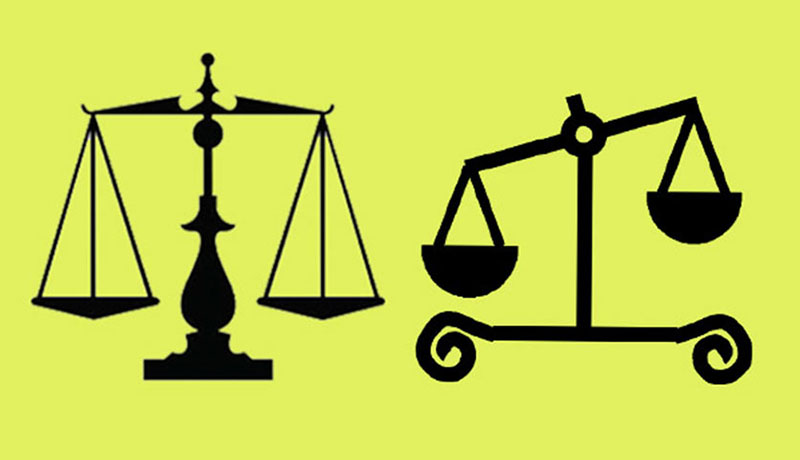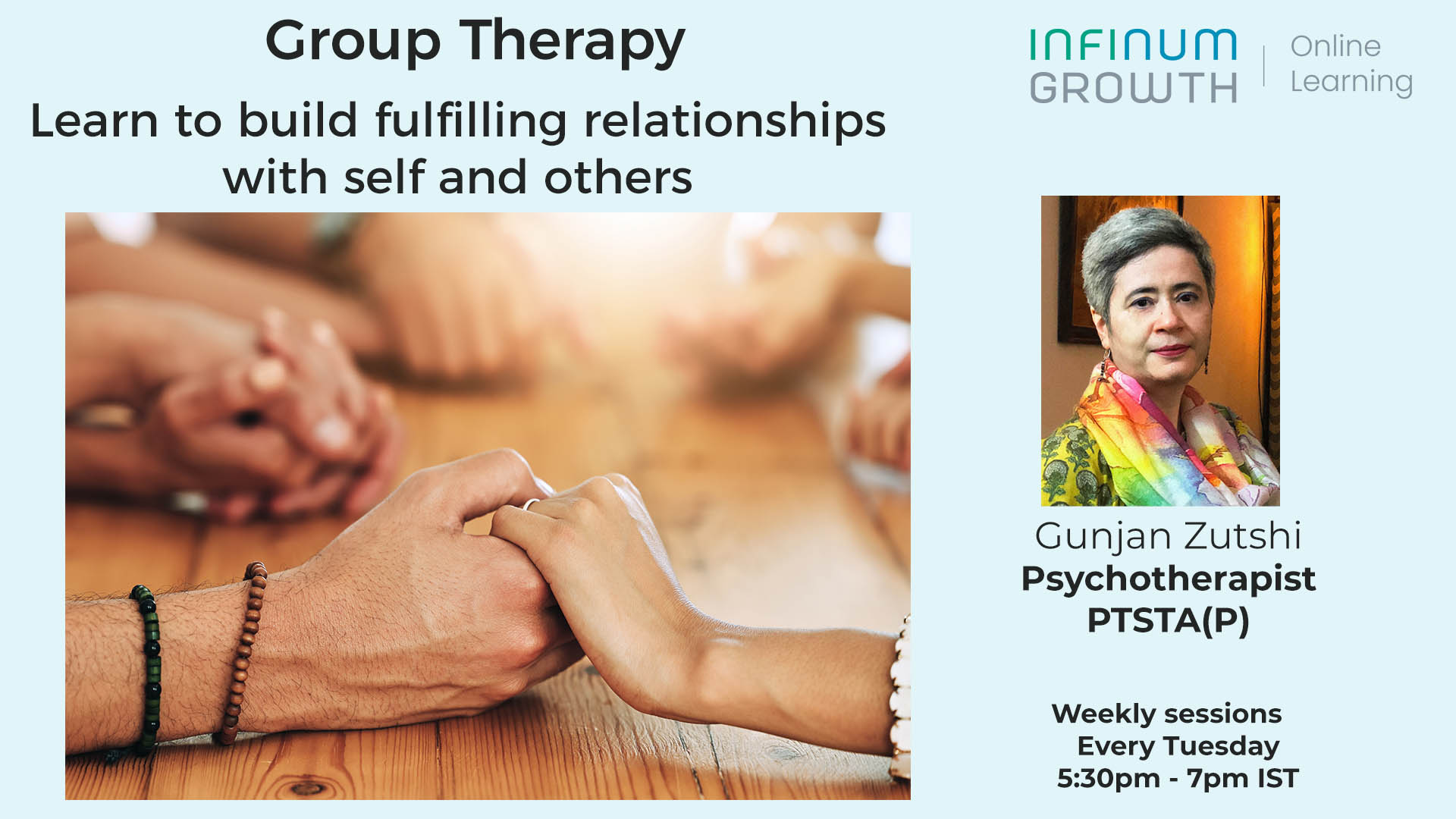Oxford English dictionary describes the word Judgement as – ‘the ability to make considered decision or to come to sensible conclusions’.
Right from our early years we watch and hear our parents, teachers and other elders exercise this ability in different situations and contexts. We are also taught and told how to assess good from bad, moral from immoral, right from wrong, ethical from unethical.
Messages like-‘Never tell lies’, ‘To Steal is bad’ are drilled into us and become an integral part of our beliefs and values. They provide an internal structure and protection by which we relate to the world. We feel happy and safe when we are able to use our ability to judge appropriately.
As adults, starting from choosing the right career to choosing a compatible life partner involves making an appropriate judgement.
We use our beliefs and values to guide us at each stage.
Being Judgemental – going beyond good judgement
However, some of the messages ingrained in us go beyond enabling us make good judgements. They make us Judgemental. We often fall into this trap of inadvertently becoming judgemental; specially in our quest to assert ourselves.
Messages like, ‘girls are a burden on parents’, ‘boys don’t cry’, ‘working women don’t make good mothers’, ‘school dropouts are failures’ ‘Only MBAs can run businesses’ or racist statements, can lead us to form limiting beliefs and in turn become judgmental towards people around us.
They stop us from understanding the other person’s situation and point of view. This attitude can distance people from us, lead to lack of trust and stop them from openly communicating and sharing their deeper thoughts and fears. This affects our relationships.
We thus build a wall around us when we become judgmental.
Being Non-Judgmental – for good personal, professional and social relationships
- Being non-judgemental is critical for anyone at work or in personal life; as a personal quality, to enhance and build lasting relationships, both personally and professionally.
- In any helping profession, which covers the entire service industry, being open to all and not being judgemental is mandatory and a pre-requisite. It is extremely important in the professions of Counsellors and Therapists, for instance.
- While managing people, organisations often become judgmental towards employees and therefore, fail to get the best out of their team members. They lose talent because of stereo-typing individuals or labelling them.
- At the level of the society, politics often alienates people of one side from others, precisely due to judgemental positioning.
To avoid being judgmental
We need to be alert to our actions and words; by becoming mindful and building self awareness.
- It involves humility, which communicates that “I am not always right” or “I don’t know it all”. The other person feels comfortable to share whatever he wants to and is not worried if he is wrong or has made a mistake.
- It needs patience to listen to the other person fully and understand her point of view. It communicates that you are with the person.
- Often we are judgmental about our own thoughts, feelings and actions. The ability to introspect and forgive oneself, is another important layer of being nonjudgmental. It allows us to uncover hidden reasons for our behaviour and therefore accept ourselves.
- Lastly this attitude stems from within us. It is about who we are and how secure we feel about ourselves. The more insecure we feel, the more the tendency to be judgmental. On the converse, the more we trust and are non judgmental, towards ourselves and others, the more secure, confident and good we feel about ourselves.
Self Awareness of our own tendency to be judgemental is important to ensure good relationships in life and at work.
Please do leave your comments at the bottom and do share with others if you like this article.


















